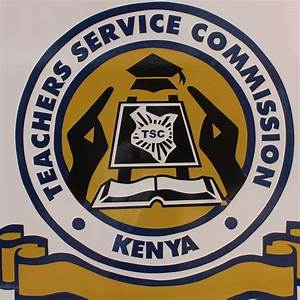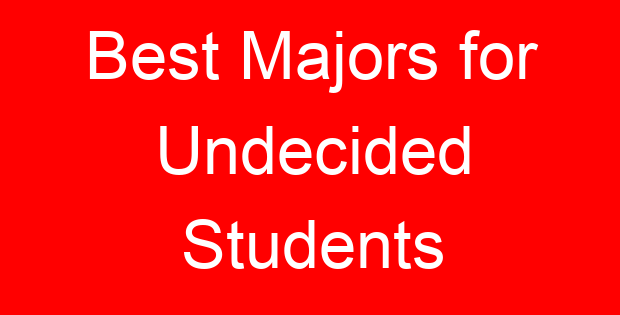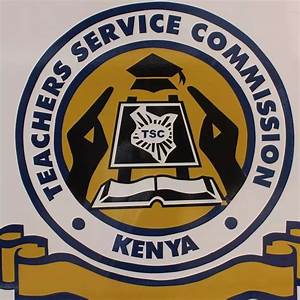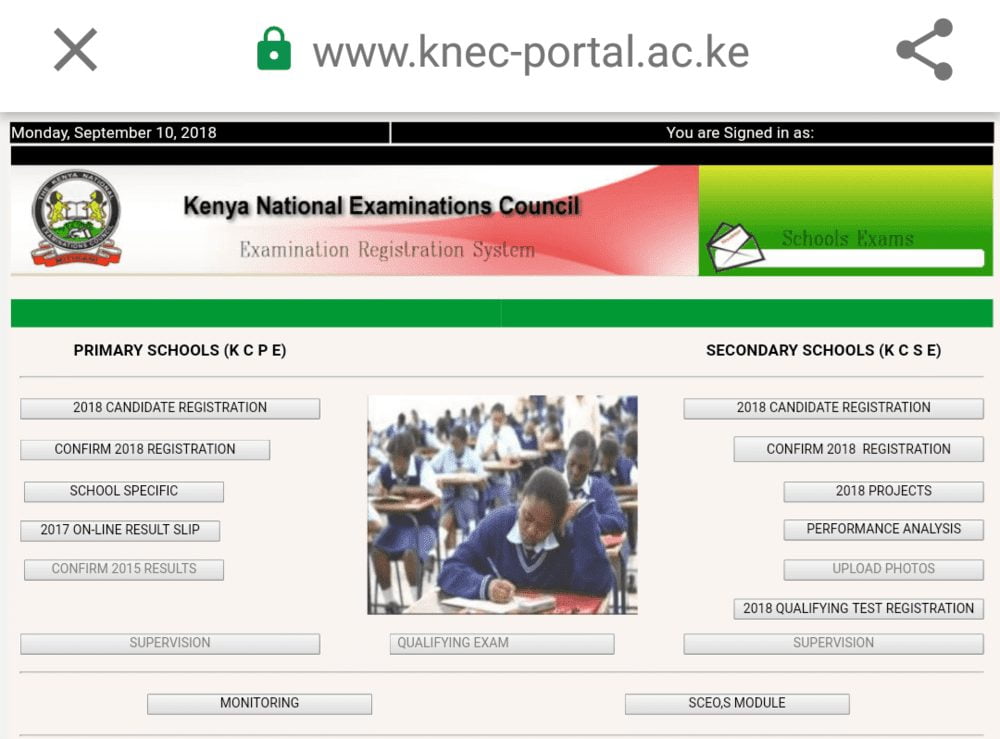The Government is formulating a policy to ensure that qualifications that Kenyans acquire through Technical, Vocational Education and Training (TVET) and skills acquired beyond the classroom can be upgraded through transfer of credit up to university.
State Department for Technical, Vocational Education and Training (TVET) Principal Secretary Dr Esther Muoria said this will ensure young people can go to any TVET institution and progress up the ladder until they can acquire the highest qualification including a doctorate in their area of qualification.
Dr Muoria said this policy of upgrading qualifications will help in improving mobility of our young people by encouraging them to advance their skills through continued learning and added this advancement will be enhanced through credit transfer from one level to another.
“Therefore it will no longer be true that that when you complete your training in TVETs you can only do technical work you trained for, but we want to ensure that progression is achieved for your credits from one level to another,” Muoria stated.
Dr Muoria was speaking in Naivasha on Monday during a Multisectoral workshop for members of an ad hoc committee appointed to review the Kenya Credit Accumulation and Transfer System (KCATS).
She also recommended that every young person should have a skill which they can fall back to make a living when the main career gets into a hitch and said even those in colleges and universities can still go back to learn a skill in TVET institutions.
In his remarks read by Dr Mworia at the opening of the five-day workshop, Education Cabinet Secretary (CS) Mr Ezekiel Machogu said this policy will mark a significant milestone towards meeting the national, regional and continental aspirations on attainment of learner mobility and lifelong learning.
“Through this system, the Ministry envisages to ease movement of learners between and within various programmes, institutions and levels of qualifications such as TVET institutions, universities and even professional examining bodies. This will not only facilitate credit transfers, exemptions, but also vertical and horizontal mobility of learners at all levels to enable entry, re-entry and exit,” Machogu noted.
The CS said the global megatrends require that education and training respond to the emerging needs, allow for compatibility and transferability of skills and people and as a result of these demands, the Government of Kenya has embarked on reforms to develop tools and instruments that empower and skill young Kenyans to thrive in a competitive, industrializing and closely networked and globalized world through flexible, but quality assured qualifications pathways.
He observed that the dynamic and emerging global trends for both skills and knowledge-based economy calls for systems that embrace lifelong learning and reiterated that the Government is committed to provide inclusive quality education and training which is in line with UN Sustainable Development
“There has never been a time in this country when the Government has put a lot of emphasis on learner mobility, recognition and internationalization of qualifications than now. In fact, the Presidential Working Party Report on Education and Training indeed flagged out the need to develop and implement a Credit Accumulation and Transfer system to facilitate mobility of qualifications,” Machogu said.
Kenya National Qualifications Authority (KNQA) Acting Chief Executive Officer (CEO), Dr Alice Kande said the move to review the policy was timely as it will help the country to come up with quality training for her young population.
She said the policy framework was permeable through a process of transfer and therefore will ensure no skill of knowledge is wasted, whether acquired though formal or informal process outside classroom.
Dr Kande explained that the framework will clearly indicate at what level a person with these skills or knowledge can be awarded or conferred with a diploma or a degree for that matter, as it enumerates a proper and coordinated system of doing that and ensures vertical or horizontal mobility.
“Everyone should be able to move vertically or horizontally, while at the same time encouraging lifelong learning and recognizing of prior learning,” she said.
Dr Kande also noted that the policy will address various issues in education that have not been addressed, for instance where recognition of knowledge and prior learning skills has been regarded in a very varied manner by different institutions.
The Government also recently proposed a policy framework that seeks to recognize people with certain skills but lack the necessary academic papers to make them to be identified.
The move will see people especially in the informal sector who possess exemplary skills (competencies) in areas such as plumbing and masonry among others being vetted through a procedure that has been established and awarded certificates. Kenya National Qualifications Authority (KNQA) is coordinating this whole process.
Kande said Recognition of Prior Learning (RPL) is a process used to identify, assess, and certify a candidate’s competencies regardless of when, where, and how they were acquired against prescribed standards or learning outcomes and is meant to help these people achieve some level of professional recognition in their work.
The move targets mainly workers in the informal sector, who possess exemplary competencies in what they do, migrant workers and refugees, asylum seekers and out-of-school youths.
According to the Kenya National Qualifications Authority (KNQA), Kenya still faces a severe shortage of quality and relevant skilled workforce due to a mismatch between skills produced and labour market needs.










